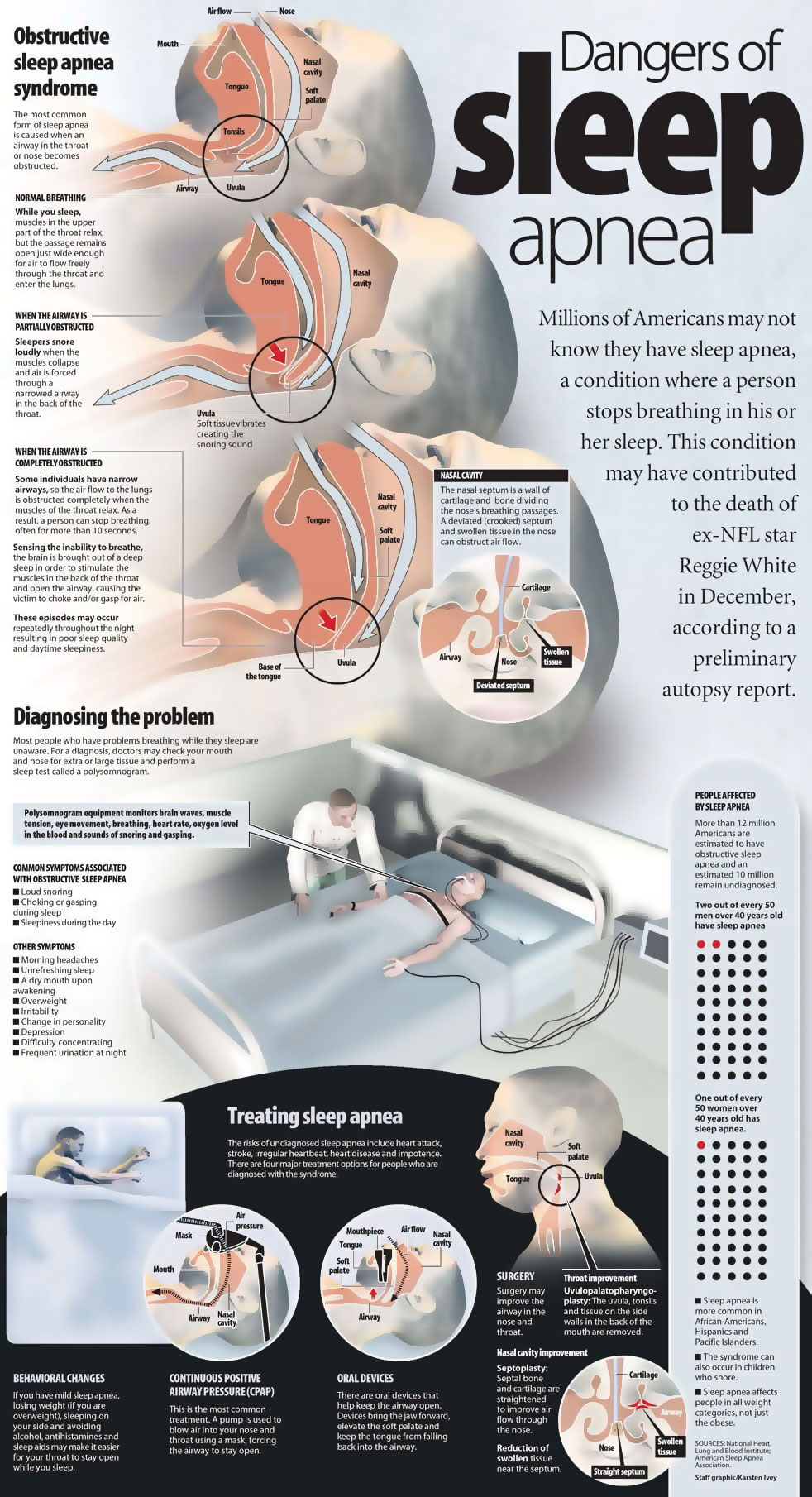John J. Kelly, DDS
Your Dental Health Blog
December 15, 2025
Welcome To Our Blog!
News and tips on your dental health and wellness. Enjoy!
Surf On Over!
Visit our website for general and cosmetic dentistry, TMJ Pain and Sleep / Airway treatments!
Pay Us A Visit!
Need a checkup and cleaning? Want a better smile? Call today!
John J. Kelly, DDS
5350 West Devon Avenue
Chicago, IL 60646
773.631.6844
IN THIS ISSUE
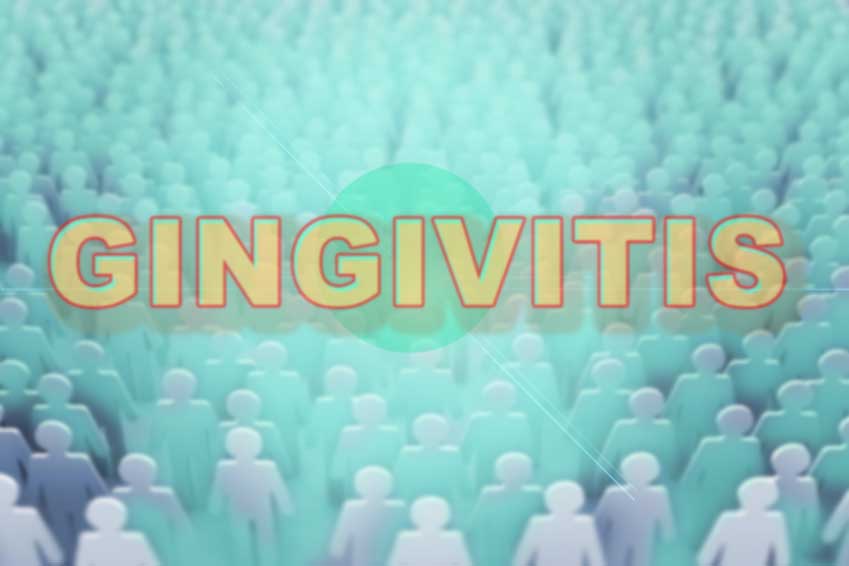
Millions Have Gingivitis: How Not to Be One of Them
Gingivitis, also known as gum disease, is a very common condition that can lead to more serious health issues including heart disease. Find out more about gingivitis and what you can do to stop it…

“Are Dental Veneers Right For My Smile?”
Could your smile use some improvement? There are tons of solutions out there. Dental veneers just might be the right solution for you. Take a look…

FLASH! 7 Ways Smoking Harms Oral Health
Smoking affects a person’s oral health in many ways, and most smokers are unaware of the relationship. Let’s take a closer look at the harm caused by smoking to the mouth, teeth, gums, and throat.
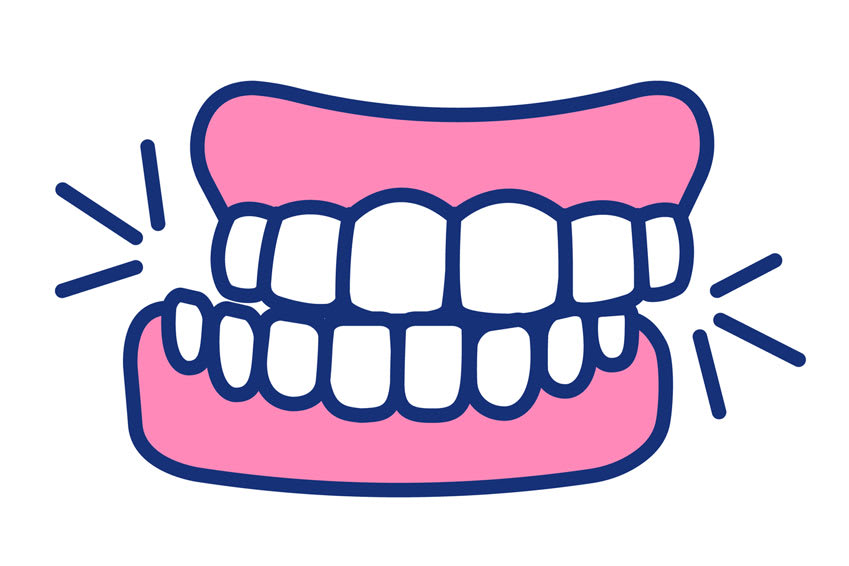
“Grounds” for Attention: Don’t Ignore This Condition!
What can cause jaw pain, damage to your teeth and other uncomfortable symptoms? You may have heard the word “bruxism” – learn what it is, and how to stop it.

Food For Smiling — Dental Implant Tips
What are dental implants? How are they implanted? Are they right for you? How long can they last? These and other questions are answered in these four quick videos. Enjoy!

Am I (Dramatic Pause) Overbrushing My Teeth?
They say to brush twice a day, or after each meal, but what’s really the right frequency and technique for safely cleaning your teeth?
Perhaps You MIssed…

I Am Not Tired. Really!
Feeling tired all the time is not normal.
There are many reasons for that sluggish feeling – working too hard, drinking too much, poor dietary habits, a sedentary lifestyle and stress can all contribute to feelings of tiredness. In addition, Sleep Disordered Breathing issues (including sleep apnea) can also be the cause.
Usually, you can identify the cause of temporary fatigue. However, if you feel tired all the time, despite taking enough rest and addressing relevant lifestyle factors, an underlying medical condition may explain your exhaustion.
A consultation with your doctor, or in the case of sleep issues, your dentist, is, therefore, advisable to investigate the cause of your fatigue. Your doctor or dentist, may consider the following health problems when assessing your symptoms.
Sleep Apnea
Over 25 million Americans suffer from sleep apnea, where the narrowing of your throat during sleep causes loud snoring and adversely affects your breathing.
As a result, you wake often during the night, and feel drained the following day. Although a diagnosis is possible based on your symptoms alone, your dentist or doctor may refer you to a sleep center to assess your condition more thoroughly.
Treating sleep apnea can reduce your likelihood of cardiovascular complications, including hypertension, heart disease, stroke and an irregular heartbeat.
Losing excess weight, cutting back on alcohol and changing sleep position can aid symptom management, though a specialized mask that delivers air while you sleep can help to keep your airway open. Other effective therapies include mouth appliances, allergy therapy, orthodontics and more.
Diabetes
In America today, more than one million adults are diagnosed with diabetes each year.
Tiredness is one of the main symptoms of diabetes and is usually accompanied by increased thirst and more frequent urination.
Weight loss, blurred vision, poor wound healing and frequent yeast infections are further signs of diabetes.
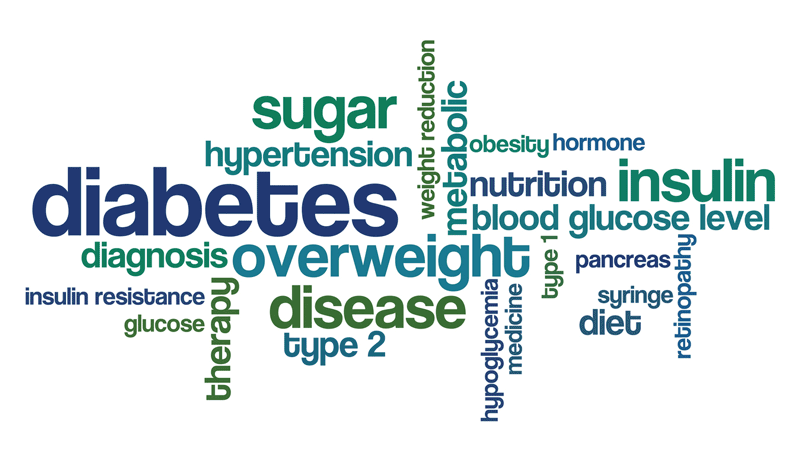 When you have diabetes, glucose levels remain high, as your body either stops producing insulin or doesn’t produce enough insulin to bring your blood sugar levels back to normal.
When you have diabetes, glucose levels remain high, as your body either stops producing insulin or doesn’t produce enough insulin to bring your blood sugar levels back to normal.
A simple blood test determines the diagnosis, and depending on whether you have Type 1 or Type 2, you will then require a combination of dietary changes, oral medication or insulin injections to control your blood glucose levels. Adhering to treatment is essential to avoid diabetic complications such as blindness, kidney failure and heart disease.
Proper monitoring, treatment, diet and lifestyle changes can help alleviate tiredness.
Iron Deficiency Anemia

Anemia caused by iron deficiency is common among women of childbearing age, particularly during pregnancy. However, anemia can also occur if you have a medical condition that causes internal bleeding or poor iron absorption.
When you do not have enough iron in your blood, you cannot transport sufficient oxygen, so your body is unable to release energy efficiently.
As a result, you feel extremely tired, with breathlessness and palpitations, also common symptoms of anemia.
If a blood test reveals you are anemic, iron tablets and an iron-rich diet can help. However, your doctor may also investigate the cause of your anemia, allowing you to receive treatment for any underlying condition.
Celiac Disease
Around 1% of the population has it, though many people remain un-diagnosed, as they put their symptoms down to other causes.

When you have celiac disease, your body reacts adversely to gluten, which is found in wheat, barley and rye. Besides tiredness, people with celiac disease often experience digestive upset, anemia and unintentional weight loss.
However, symptoms are wide-ranging, with mouth sores, headaches, joint pain, numbness and infertility all possible presentations of the disease.
A blood test and an intestinal biopsy can confirm your diagnosis, after which a lifelong gluten-free diet is necessary. A strict diet can help reduce tiredness, as well as your risk of osteoporosis and certain cancers that are more prevalent in people with celiac disease.
Anxiety and Depression

Low mood and anxious feelings often occur together. Besides making you feel intensely worried and sad, anxiety and depression can leave you feeling drained of energy. You become abnormally tired.
Lifestyle changes can help you feel more relaxed and boost your mood, as well as enhancing your energy levels. However, if you have moderate to severe anxiety or depression, you will usually need a course of psychiatric or psychological therapy and medication to manage your symptoms.
Improving your mental well-being reduces your risk of social problems, substance misuse, self-harm and physical health issues.
Don’t delay getting unexplained fatigue checked out by an expert such as a dentist who treats sleep and airway issues, or your doctor!
With a timely diagnosis and treatment, you can feel more energized and reduce your risk of complications associated with any underlying condition.

I Am Not Tired. Really!
If you feel overtired, you might be sleeping poorly or working too hard. Equally, heavy drinking, poor dietary habits, a sedentary lifestyle and stress can all contribute to feelings of tiredness.
Usually, you can identify the cause of temporary fatigue. However, if you feel tired all the time, despite taking enough rest and addressing relevant lifestyle factors, an underlying medical condition may explain your exhaustion.
A consultation with your doctor, or in the case of sleep issues, your dentist, is, therefore, advisable to investigate the cause of your fatigue. Your doctor or dentist, may consider the following health problems when assessing your symptoms.
Sleep Apnea
Image via: Dangers of Sleep Apnea Infographic
Over 25 million Americans suffer from sleep apnea, where the narrowing of your throat during sleep causes loud snoring and adversely affects your breathing.
As a result, you wake often during the night, and feel drained the following day. Although a diagnosis is possible based on your symptoms alone, your dentist or doctor may refer you to a sleep center to assess your condition more thoroughly.
Treating sleep apnea can reduce your likelihood of cardiovascular complications, including hypertension, heart disease, stroke and an irregular heartbeat.
Losing excess weight, cutting back on alcohol and changing sleep position can aid symptom management, though a specialized mask that delivers air while you sleep can help to keep your airway open. Other effective therapies include mouth appliances, allergy therapy, orthodontics and more.
Diabetes
In America today, more than one million adults are diagnosed with diabetes each year.
Tiredness is one of the main symptoms of diabetes and is usually accompanied by increased thirst and more frequent urination.
Weight loss, blurred vision, poor wound healing and frequent yeast infections are further signs of diabetes.
 When you have diabetes, glucose levels remain high, as your body either stops producing insulin or doesn’t produce enough insulin to bring your blood sugar levels back to normal.
When you have diabetes, glucose levels remain high, as your body either stops producing insulin or doesn’t produce enough insulin to bring your blood sugar levels back to normal.
A simple blood test determines the diagnosis, and depending on whether you have Type 1 or Type 2, you will then require a combination of dietary changes, oral medication or insulin injections to control your blood glucose levels. Adhering to treatment is essential to avoid diabetic complications such as blindness, kidney failure and heart disease.
Proper monitoring, treatment, diet and lifestyle changes can help alleviate tiredness.
Iron Deficiency Anemia

Anemia caused by iron deficiency is common among women of childbearing age, particularly during pregnancy. However, anemia can also occur if you have a medical condition that causes internal bleeding or poor iron absorption.
When you do not have enough iron in your blood, you cannot transport sufficient oxygen, so your body is unable to release energy efficiently.
As a result, you feel extremely tired, with breathlessness and palpitations, also common symptoms of anemia.
If a blood test reveals you are anemic, iron tablets and an iron-rich diet can help. However, your doctor may also investigate the cause of your anemia, allowing you to receive treatment for any underlying condition.
Celiac Disease
Around 1% of the population has it, though many people remain undiagnosed, as they put their symptoms down to other causes.

When you have celiac disease, your body reacts adversely to gluten, which is found in wheat, barley and rye. Besides tiredness, people with celiac disease often experience digestive upset, anemia and unintentional weight loss.
However, symptoms are wide-ranging, with mouth sores, headaches, joint pain, numbness and infertility all possible presentations of the disease.
A blood test and an intestinal biopsy can confirm your diagnosis, after which a lifelong gluten-free diet is necessary. A strict diet can help reduce tiredness, as well as your risk of osteoporosis and certain cancers that are more prevalent in people with celiac disease.
Anxiety and Depression
 Low mood and anxious feelings often occur together. Besides making you feel intensely worried and sad, anxiety and depression can leave you feeling drained of energy. You become abnormally tired.
Low mood and anxious feelings often occur together. Besides making you feel intensely worried and sad, anxiety and depression can leave you feeling drained of energy. You become abnormally tired.
Lifestyle changes can help you feel more relaxed and boost your mood, as well as enhancing your energy levels. However, if you have moderate to severe anxiety or depression, you will usually need a course of psychiatric or psychological therapy and medication to manage your symptoms.
Improving your mental well-being reduces your risk of social problems, substance misuse, self-harm and physical health issues.
Don’t delay getting unexplained fatigue checked out by an expert such as a dentist treating sleep and airway issues, or your doctor. With a timely diagnosis and treatment, you can feel more energized and reduce your risk of complications associated with any underlying condition.

Can You Ace This Flu Quiz?
Let’s face it – by now, you should have had your flu shot. Not you? Check out this nifty quiz about the flu – see if you can get ’em all right…
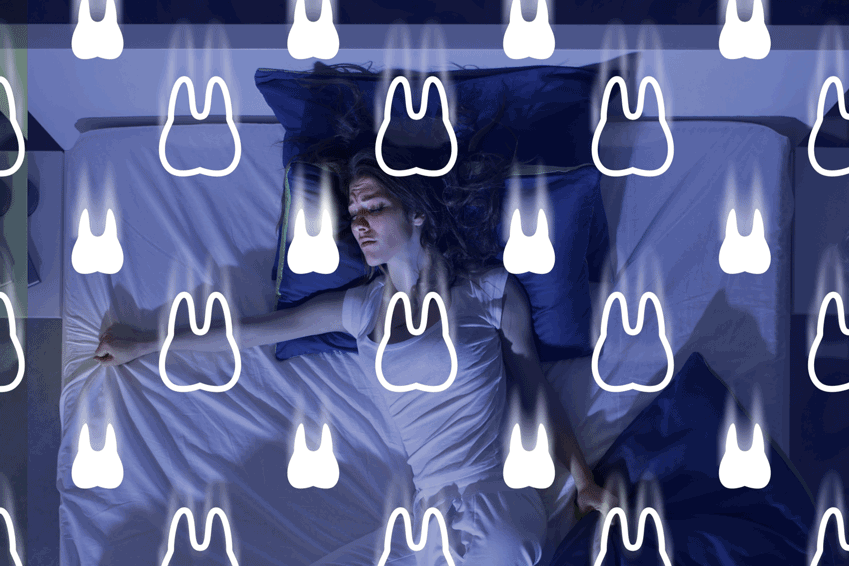
Teeth-Falling-Out Dreams: What Do They Mean?
Dreams in which your teeth fall out are disturbing and can seem real. When you wake up, you may even check you still have a full set. A few theories try to explain why teeth-falling-out dreams occur. Take a look!
chicago weather
MeeT DR. KELLY
Chicago dentist John J. Kelly, DDS practices restorative and cosmetic dentistry at his Chicago dental office in Edgebrook. He delivers a wide range of dental therapeutics, in addition to the treatment of Sleep Disordered Breathing including Sleep Apnea, Child Facial Development issues and TMJ/Jaw Pain.
To make an appointment with this Chicago dentist, please call Dr. Kelly’s office at 773-631-6844 or click here.







 Over 25 million Americans suffer from sleep apnea, where the narrowing of your throat during sleep causes loud snoring and adversely affects your breathing.
Over 25 million Americans suffer from sleep apnea, where the narrowing of your throat during sleep causes loud snoring and adversely affects your breathing.